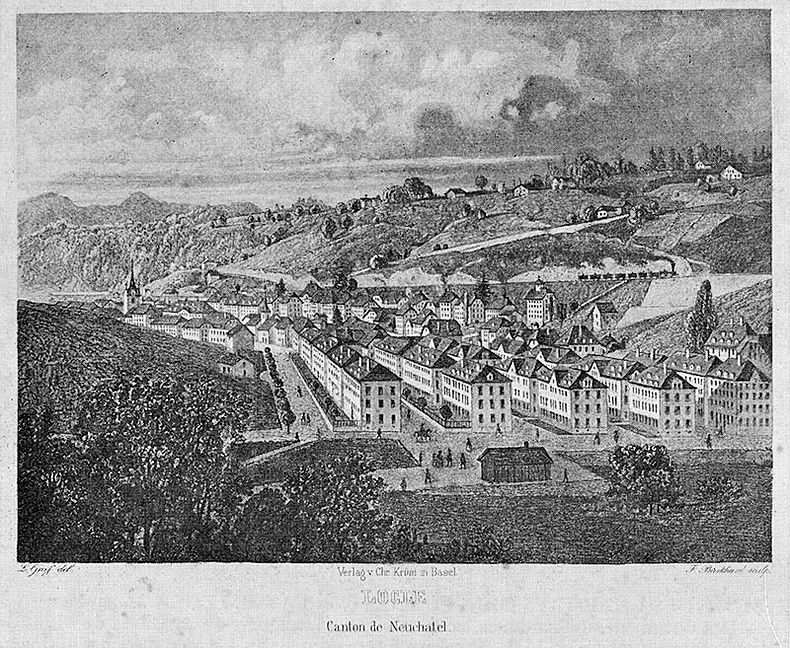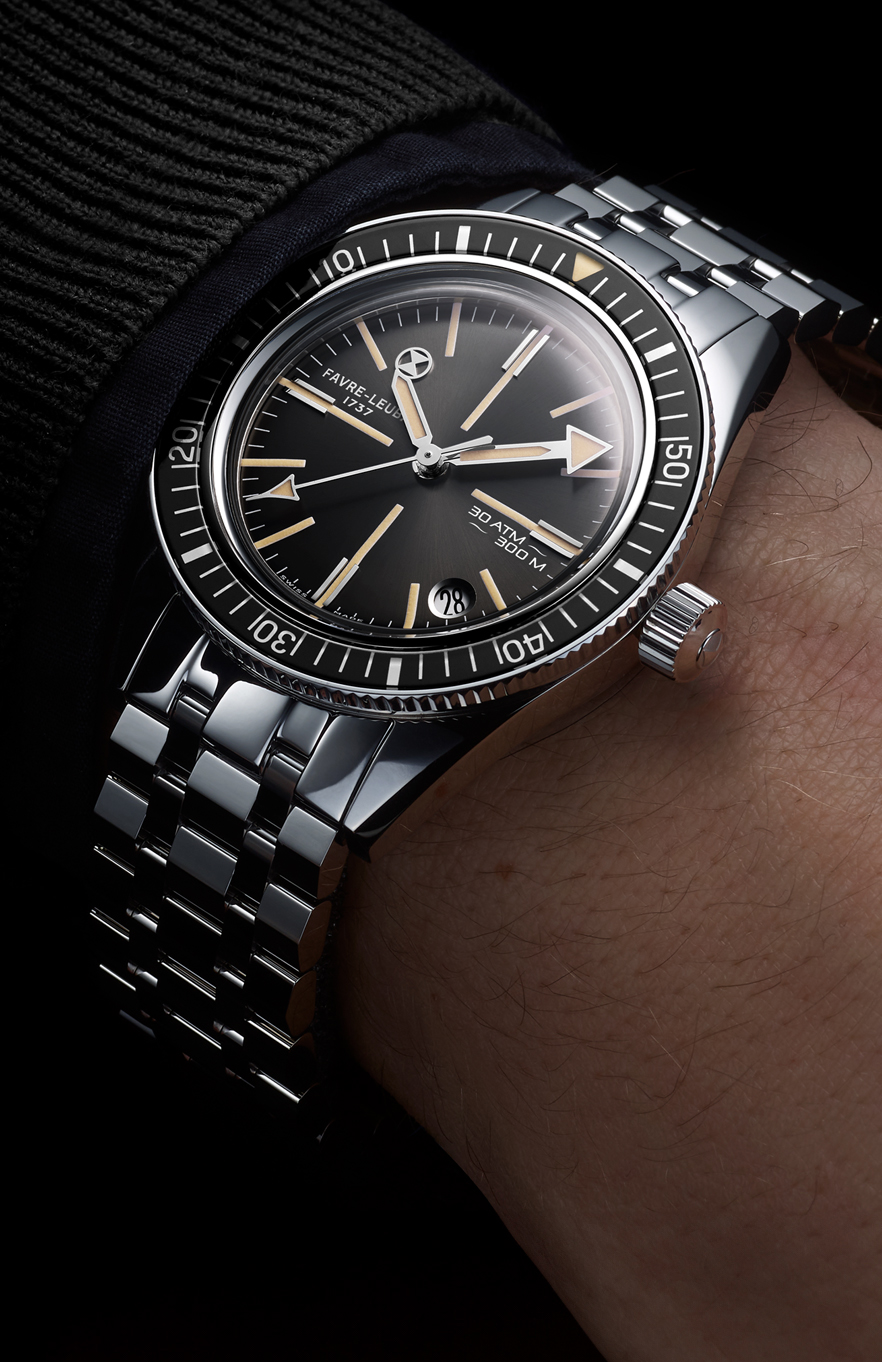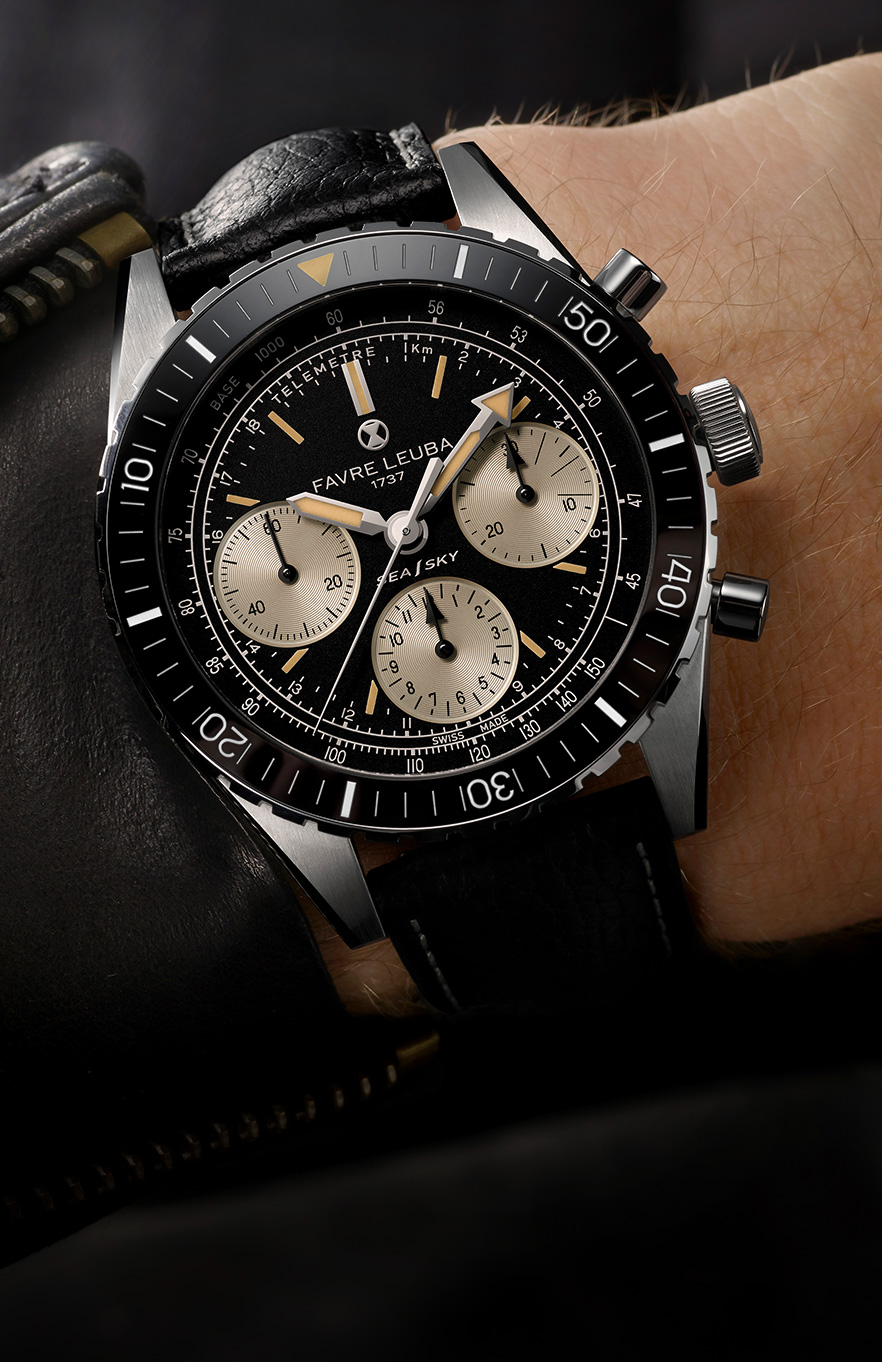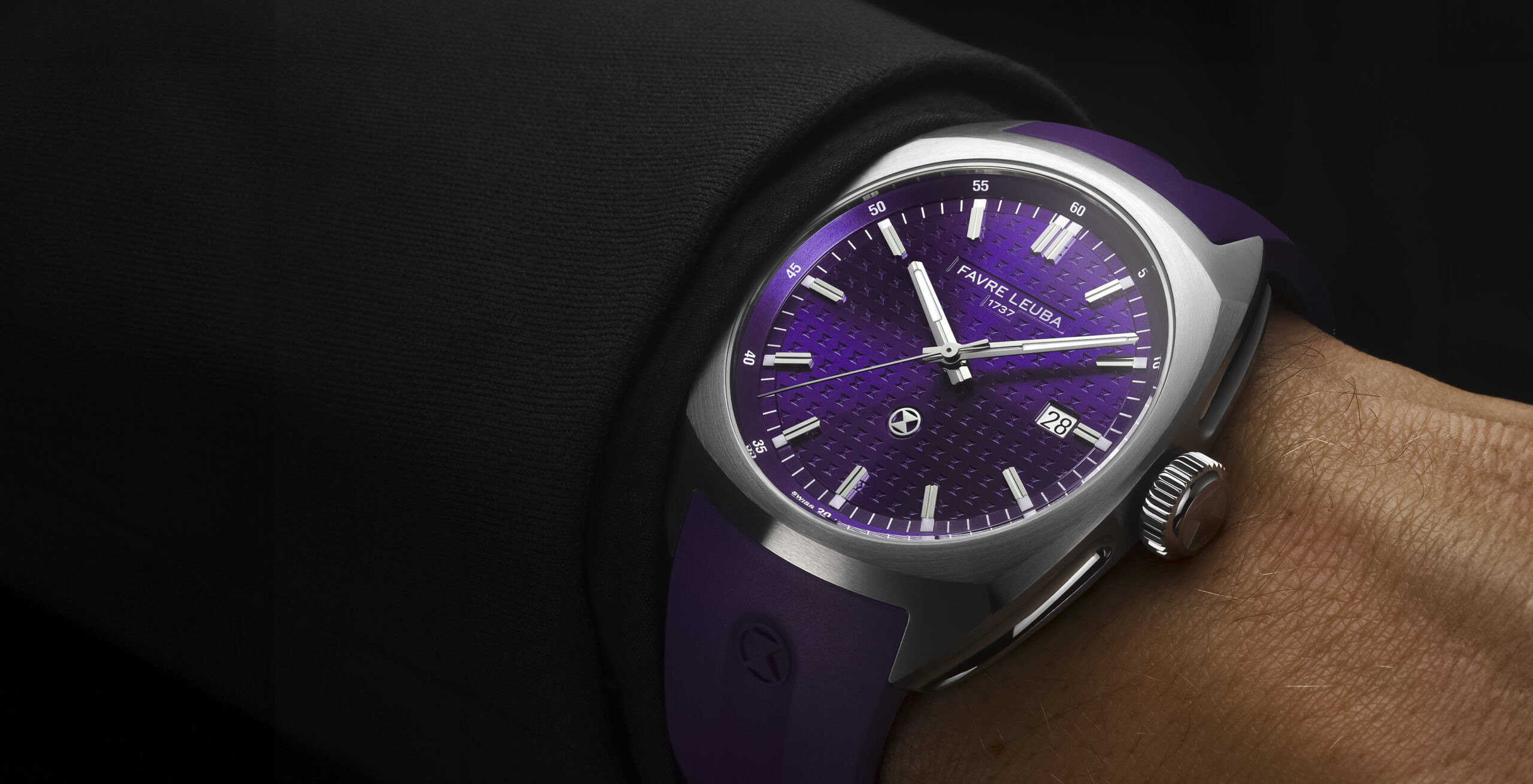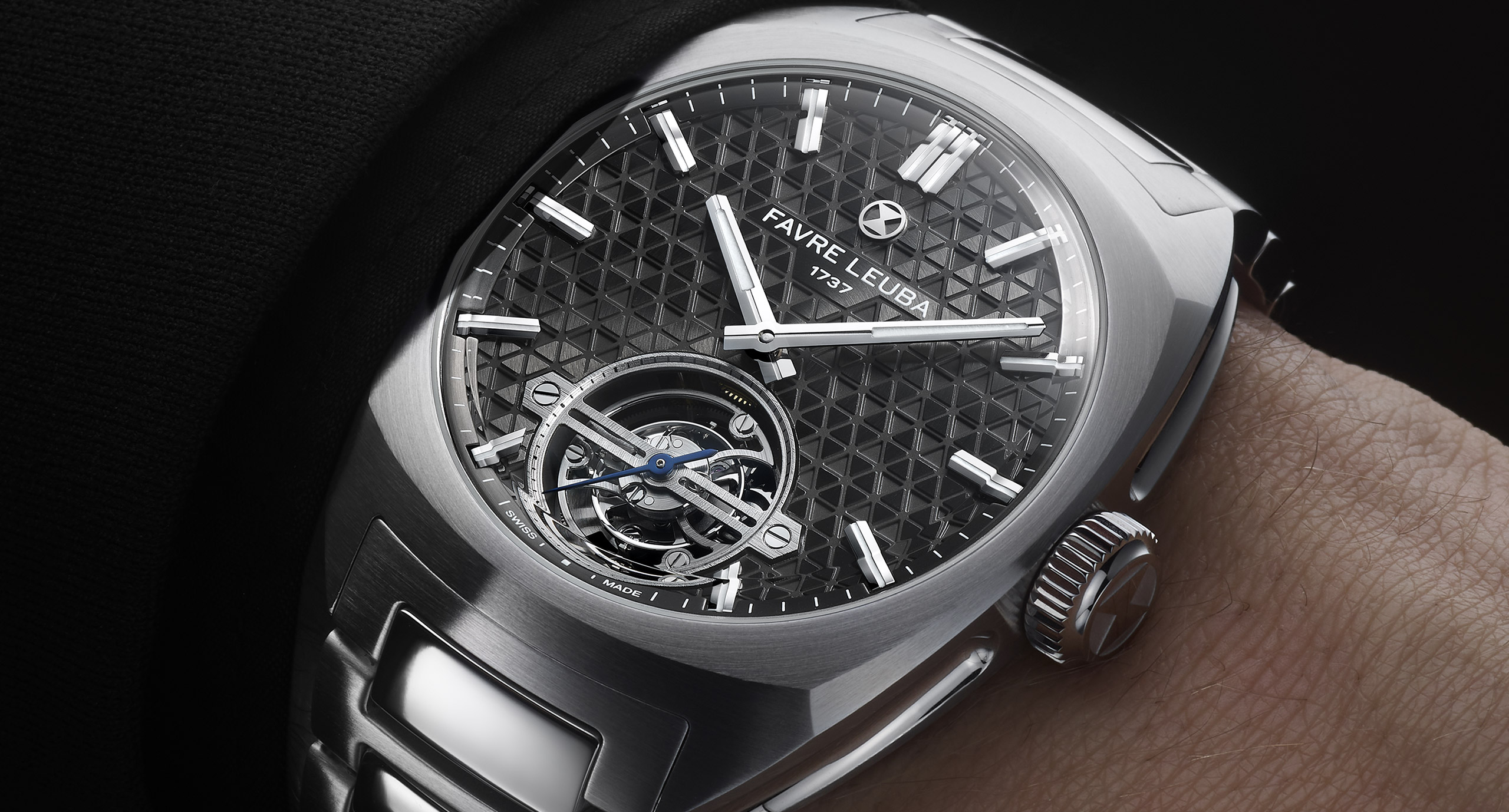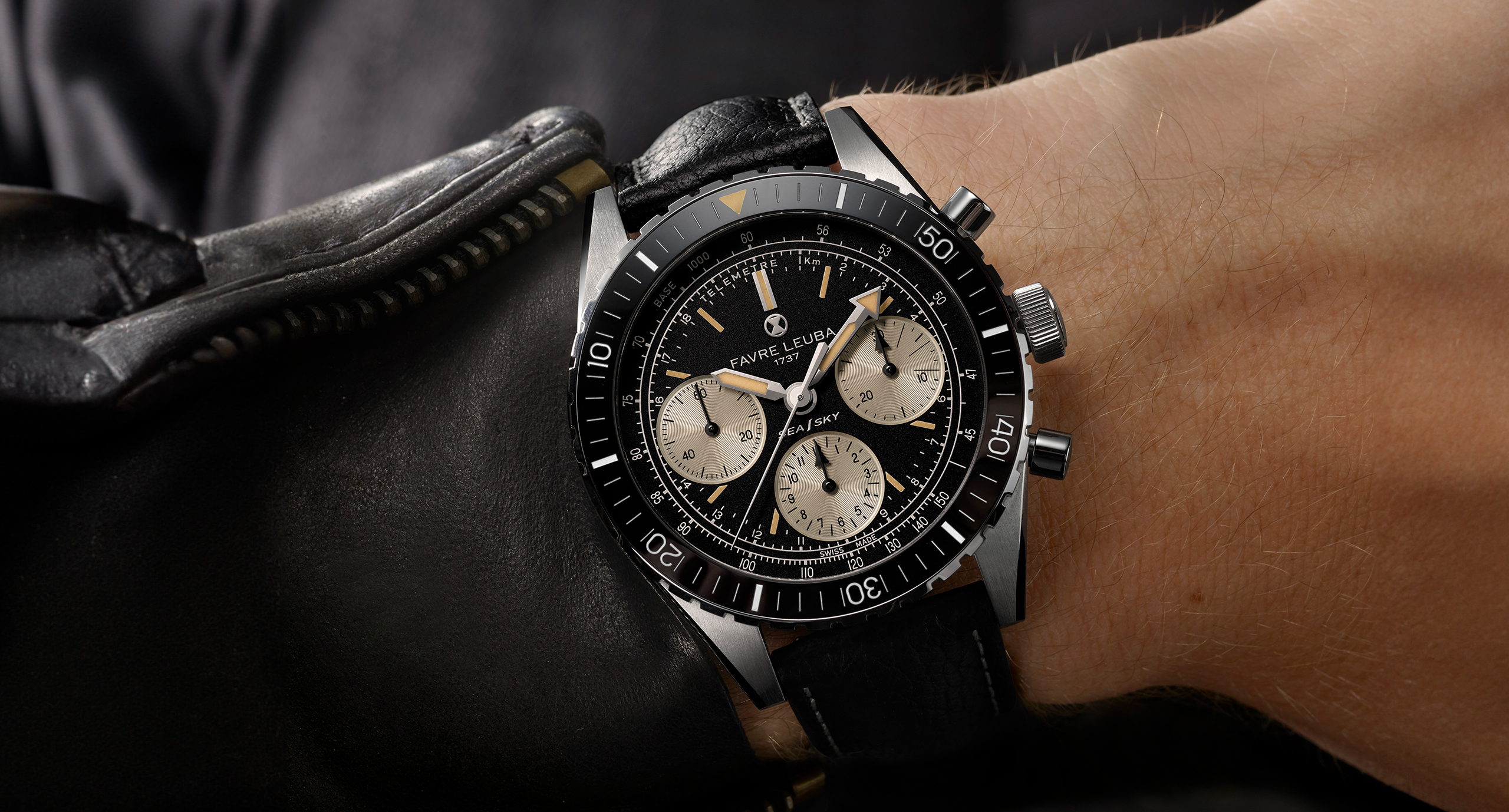Built into the barren hills of the Swiss Jura, Le Locle was mainly dominated by agriculture when the nearly 16-year-old Abraham Favre signed his indenture in March of 1718. He was to be the first of his family to learn the craft of watchmaking under Daniel Gagnebin.
Some surprising agreements can be found in this indenture: The master agreed to teach his apprentice everything he knew about watchmaking, fair and square, over a period of three years. In return, Abraham Favre was obliged to provide him with a room in his own house in La Chaux-de-Fonds. Moreover, the said room was to be equipped with all necessities, i.e. bed, chair, table, tablecloths, and last but not least, candles. On top of that, he was to clean it regularly and provide wood for heating during the long, harsh winters. The apprentice’s obligations further included making Gagnebin’s bed, washing his clothes, and regularly cleaning and greasing his master’s shoes. The apprentice also had to set up a small workshop for their work and provide the necessary tools and materials. Abraham Favre had no entitlement to the work carried out by Gagnebin.
The apprenticeship was crowned with success: In 1737, Abraham Favre was officially mentioned as an independent master watchmaker in Le Locle for the first time and granted the title “Maître horloger du Locle” in 1747. With his watchmaking workshop, he laid the foundation for a thriving family business and the brand Favre Leuba.
